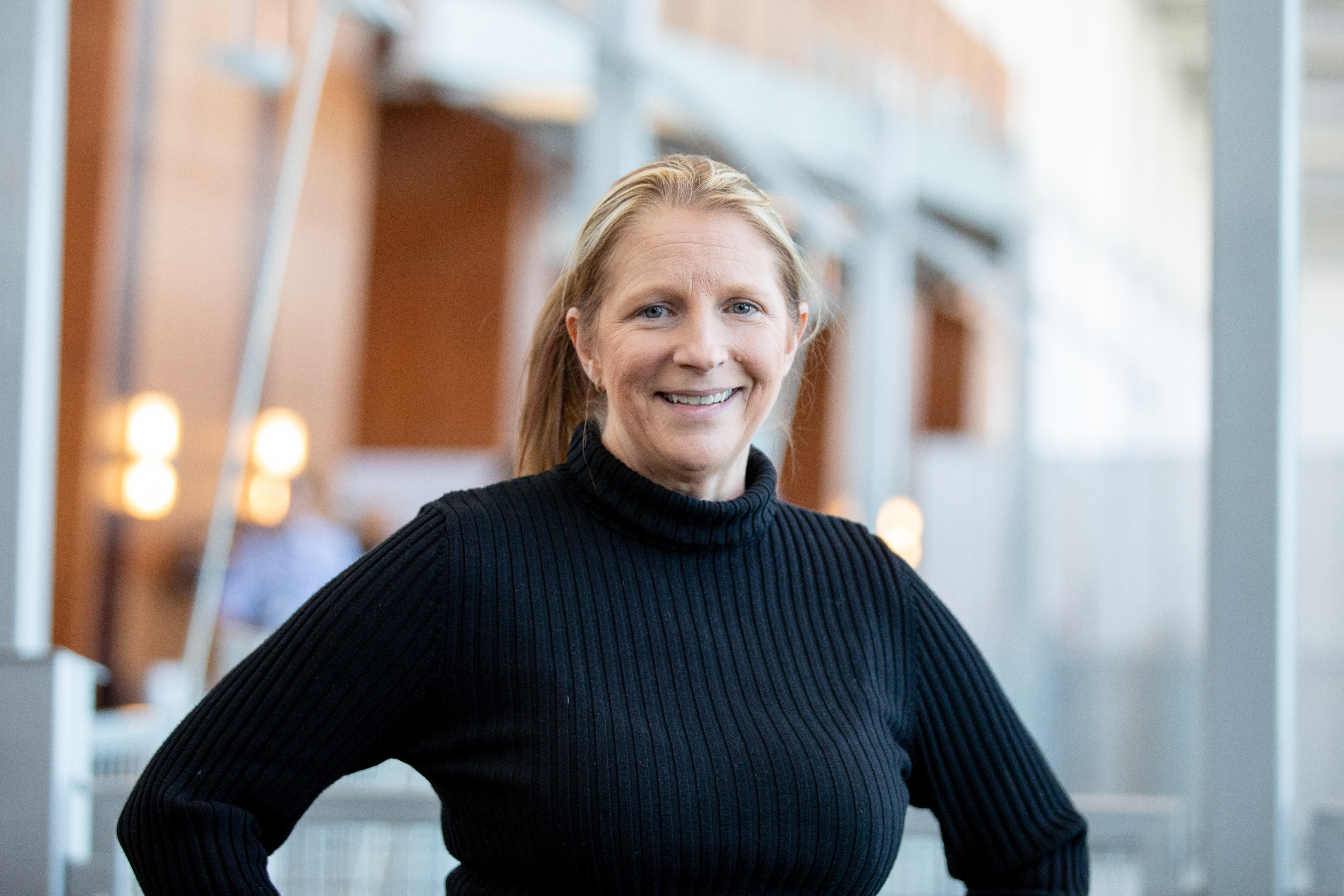|
 Dawn Edwards Dawn Edwards
Ms. Edwards is an environmental scientist who specializes in CEQA, NEPA, and developing mitigation strategies related to terrestrial species. She has more than 15 years of environmental science and client management experience, and another 10 years working in project management, accounting, public relations, and database training and management. During her tenure at HDR, Dawn has been in the role of Environmental Project Manager and Biological Resources Lead on environmental documents for a variety of public projects. She provides technical expertise for clients in NEPA, CEQA, Federal and California Endangered Species Act (ESA and CESA) consultation and mitigation planning, and in project-specific permitting, including 404 permitting, 401 certification, and BCDC concurrence application.
 Benjamin Furr Benjamin Furr
Mr. Furr graduated from North Carolina State University in 2003 with a BS in Natural Resources Ecosystem Assessment and in 2010 with an MBA. Ben joined HDR in 2011 to supplement stream and wetland restoration services and strengthen the firms permitting and natural resource services. Ben has prepared and implemented stream and wetland mitigation plans for several projects across North and South Carolina. As part of these projects, Ben was responsible for site assessment, design, technical documentation, preparation of bid documents, construction oversight, and monitoring. Ben also has extensive experience coordinating with regulatory agencies to gain concurrence regarding jurisdictional determinations, stream, wetland, and buffer impacts, and threatened and endangered species issues. Ben’s educational and professional background has concentrated on geomorphological analysis of stream channels, soils analysis, vegetative analyses, threatened and endangered species surveys, natural resources documentation and permitting.
 Jennifer Curran Jennifer Curran
Ms. Curran is a project manager and Senior Environmental and Regulatory Technical Leader at HDR. Ms. Curran specializes in leading multi-discipline teams conducting design, environmental assessments, and ecological restoration projects. She has spent the majority of her career studying natural systems and their relationship with human influences. She specializes in identifying opportunities to minimize human influences on natural habitats and to restore functionality to degraded ecosystems. She has over eighteen years of experience in managing projects that generally relate to National Environmental Policy Act and regulatory compliance, habitat restoration, aquatic, estuarine and terrestrial ecology.
|

 Dawn Edwards
Dawn Edwards Benjamin Furr
Benjamin Furr Jennifer Curran
Jennifer Curran Tim Kendzia
Tim Kendzia Michael Breed
Michael Breed